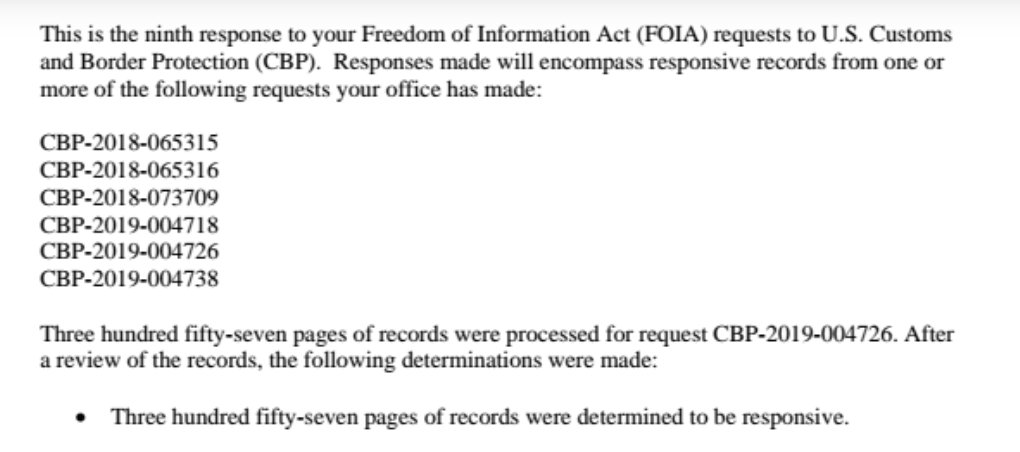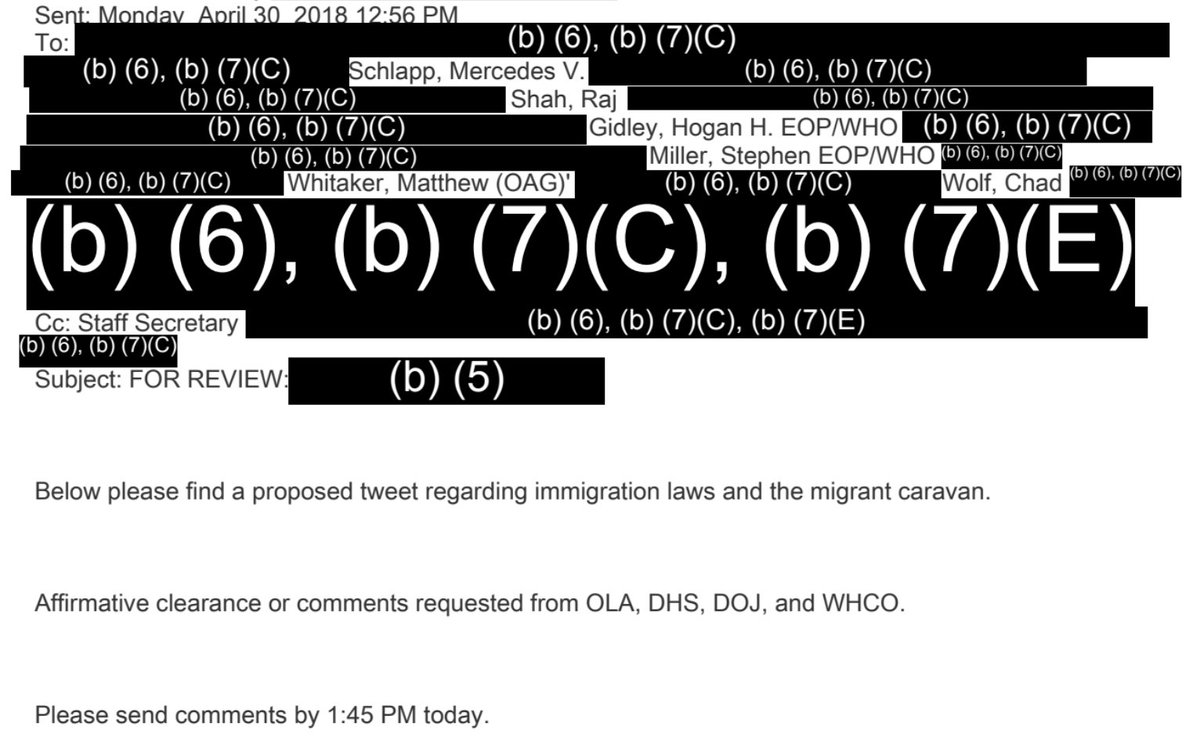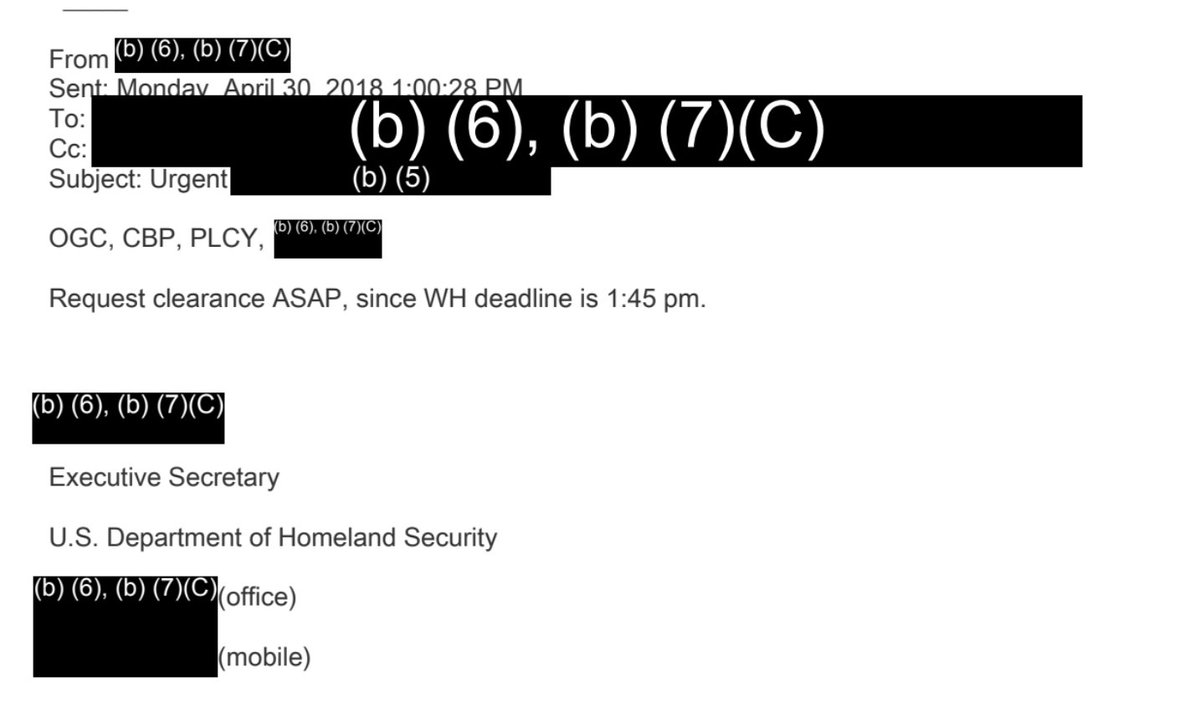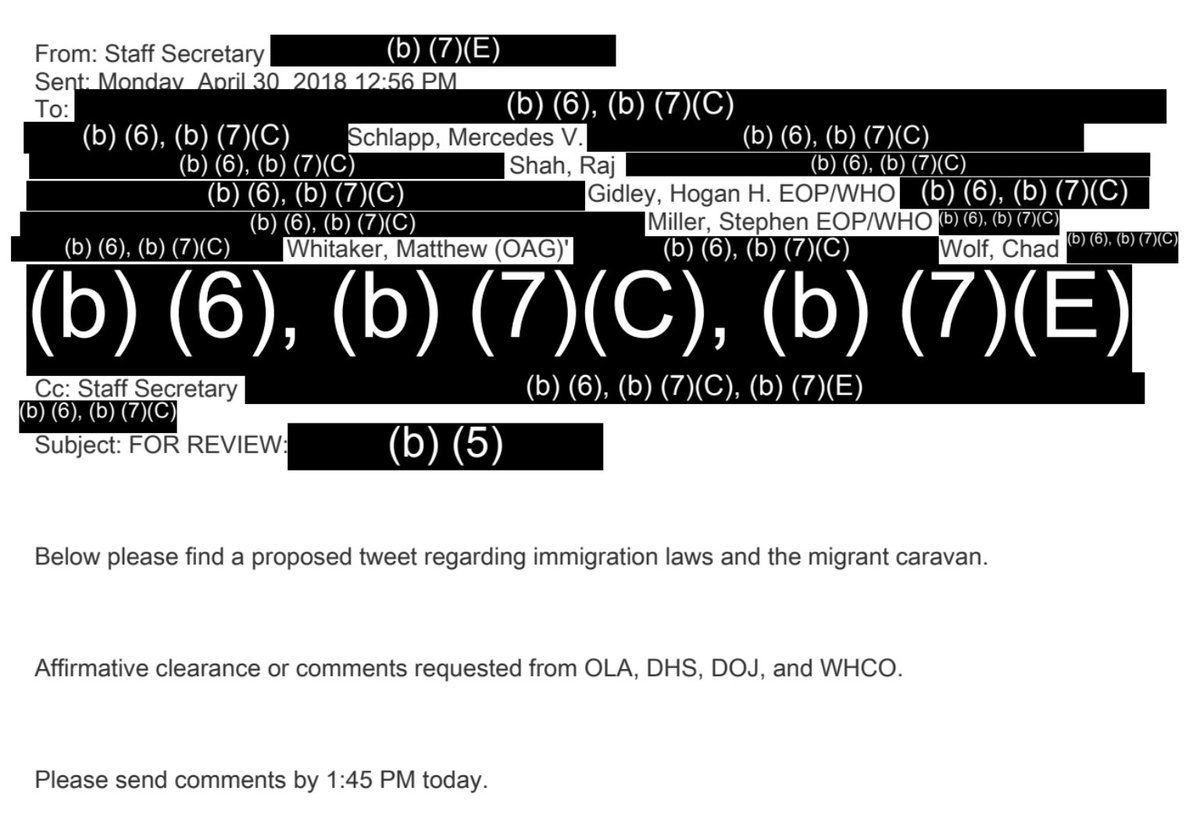
As the weather cools, many experts predict Covid-19 cases will begin to rise — and as the pandemic continues, we are still investigating the government’s response to it.
For #FOIAFriday, we’re highlighting our Covid-19 Oversight Hub and what we’ve uncovered so far.
For #FOIAFriday, we’re highlighting our Covid-19 Oversight Hub and what we’ve uncovered so far.

First, the Covid-19 outbreak at the White House. Earlier this month, President Trump tested positive for Covid-19. After 3 days at Walter Reed, Trump — still contagious— returned to the White House, where lax safety measures had recently led to an outbreak. 

Questions remain about that outbreak, from how it began to how the administration is tracing those infected, and about how forthcoming the government has been about the president’s condition and when he first contracted the virus.
We’ve filed FOIA requests for info about the procedures in place to protect the health of the president, Secret Service officers, and other federal employees while the president recovers.
americanoversight.org/investigation/…
americanoversight.org/investigation/…
Next, Covid relief funds & loans. Congress has allocated trillions of dollars in assistance and loans to support Americans during the pandemic. Billions have gone to companies with histories of misconduct and/or that have laid off workers as they got taxpayer dollars. 

We’ve filed requests with the SBA, OMB & HHS seeking information about how relief packages are being implemented. We’ve also FOIA’d multiple agencies for communications with the White House and Congress related to emergency relief funding.
And we’re investigating the banking industry’s influence by seeking records of meetings between Wall Street executives and relevant administration officials. americanoversight.org/investigation/…
Third, the rush for a Covid-19 vaccine. A hurried timeline, nakedly political motivations, public disagreements, and lack of transparency are eroding public trust in a prospective coronavirus vaccine. 

We’re investigating the key players & influences involved. We’ve filed multiple requests for agency and White House communications about coronavirus vaccines, contracts with leading vaccine developers, and distribution plans.
americanoversight.org/investigation/…
americanoversight.org/investigation/…
Finally, political interference at USPS. As the pandemic forces more Americans to rely on absentee voting to participate in our democracy, President Trump’s attacks on the U.S. Postal Service represent a danger not just to low-cost mail delivery, but to voting rights as well. 

We’ve been investigating how the pandemic has impacted USPS, and whether and to what extent the White House is interfering in the agency’s operations or undermining trust in absentee voting.
Last month, the Washington Post reported on nearly 10,000 pages of USPS documents we obtained. The documents revealed a scrapped plan to send masks to every American.
https://twitter.com/weareoversight/status/1306578698473222144?s=20
You can follow along with all of our and other’s coronavirus-related investigations at our Covid-19 Oversight Hub—a resource dedicated to tracking government and watchdog inquiries into the coronavirus response.
americanoversight.org/areas_of_inves…
americanoversight.org/areas_of_inves…

And for weekly updates on the latest developments in Covid-19 Oversight, sign up for our newsletter: americanoversight.org/mail-lists

https://twitter.com/weareoversight/status/1304484481970180102?s=20

• • •
Missing some Tweet in this thread? You can try to
force a refresh








